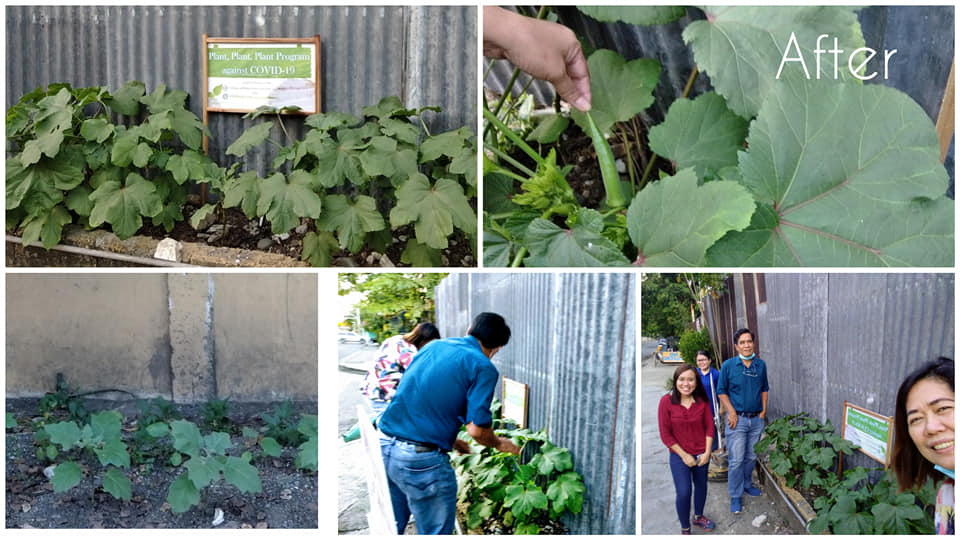Organization
Nueva Ecija University of Science and Technology
Best Practice Focus Area/s
Strategy, Citizens, Customers, Operations
Year Implemented
June 2020 to present
This is a GBPR entry
Summary
The NEUST College of Public Administration and Disaster Management launched the “Plant Plant Plant Against COVID-19 Program.†Ninety seedlings of eggplants were initially planted in two plant boxes within the NEUST-General Tinio Street Campus. Taken from the Department of Agriculture’s urban gardening program, the initiative aims to spread hope that a patch of greenery can turn into a healthy lifestyle. With this initiative, the College and FSU aim to encourage others to grow their garden and plant idle lands and pots with edible or ornamental plants. Turning fruit peels into compost and seeing plants growing from barren lands are calming and rewarding. The institution’s minuscule contribution to food production can have a lasting effect.
Background and Problem
The pandemic has undoubtedly affected the lives of many. The movement was restricted to prevent the spread of the contagion. People were discouraged from going outside as it increases the risk of acquiring the virus. People could go to the market and grocery stores to buy essential goods. Still, the prolonged stay-at-home arrangement made some people feel frustrated about the situation, even causing depression.
To promote mental health and support the Department of Agriculture’s call for a concerted effort toward ensuring food sufficiency and sustainability, the College launched the “Plant, Plant, Plant, Plant against COVID-19 Program.†Ninety seedlings of eggplants were planted in a vacant plant box near the school premises. The seedlings were taken care of by the faculty. Taking care of plants became a mental relaxation technique for the faculty and residents.
The program also encountered challenges concerning improper waste disposal since the community has been used to throwing sachets, plastic bottles, and trash in the area. This problem was addressed by initiating a clean-up drive.

Solution and Impact
The College initiated a clean-up drive to maximize the vacant lot’s use and turn the dumpsite into a garden. The faculty removed the debris, concrete, and garbage piles to prepare the space. The area formerly catered to food stalls, and when they relocated, the site was converted into a dump site. The team sought permission to turn the spot into an urban garden. The team tilled the land and planted more seedlings. Aside from eggplant, seedlings of okra, red and green chili peppers, squash, ampalaya, and papaya were planted therein. Not long ago, community members were also encouraged to plant seedlings in pots and in their backyards.
Milestones
A program was initiated to address mental health and promote backyard and urban gardening, turning a dumpsite into an urban garden. The Municipal Agriculture Office of Sta. Rosa donated seedlings of eggplant and chili. The barangay officials offered help cleaning up the debris. The student council also donated funds to purchase nets and bamboo fences.
Tricycle drivers, joggers, construction workers, guards, vendors, and others were encouraged to plant vegetables in their backyard. The dumpsite was turned into a vegetable garden, and the community benefited. The initiative encouraged the community to manage solid waste and throw garbage in the right bin.
